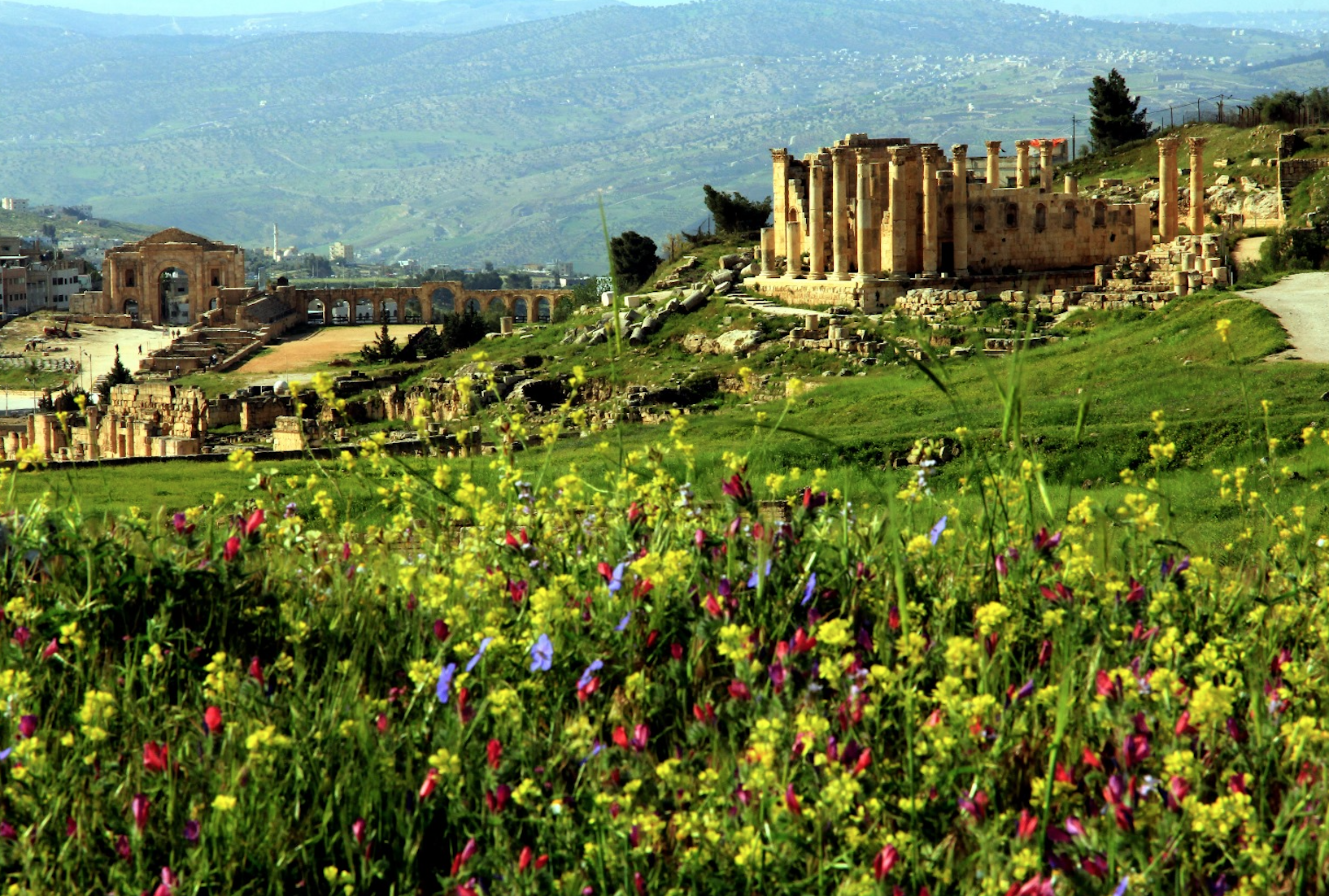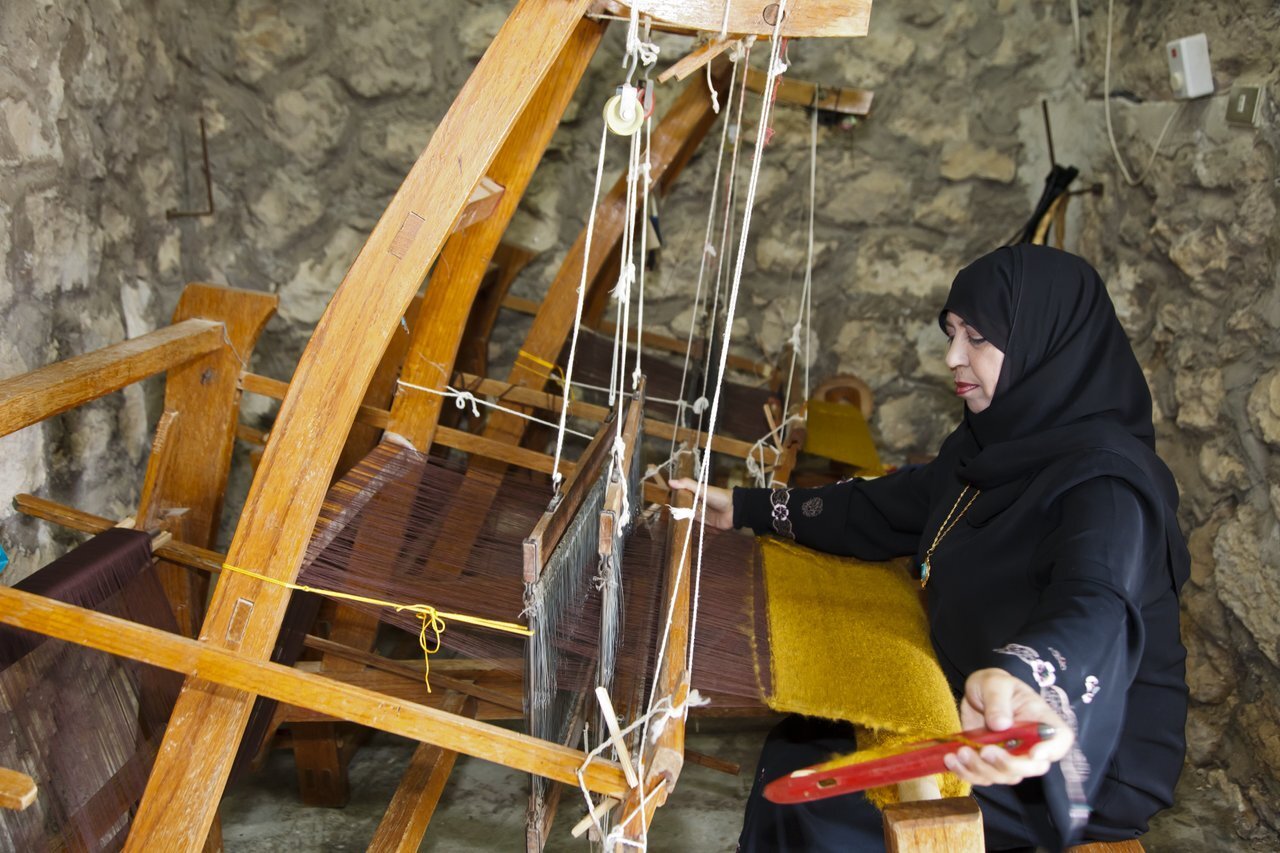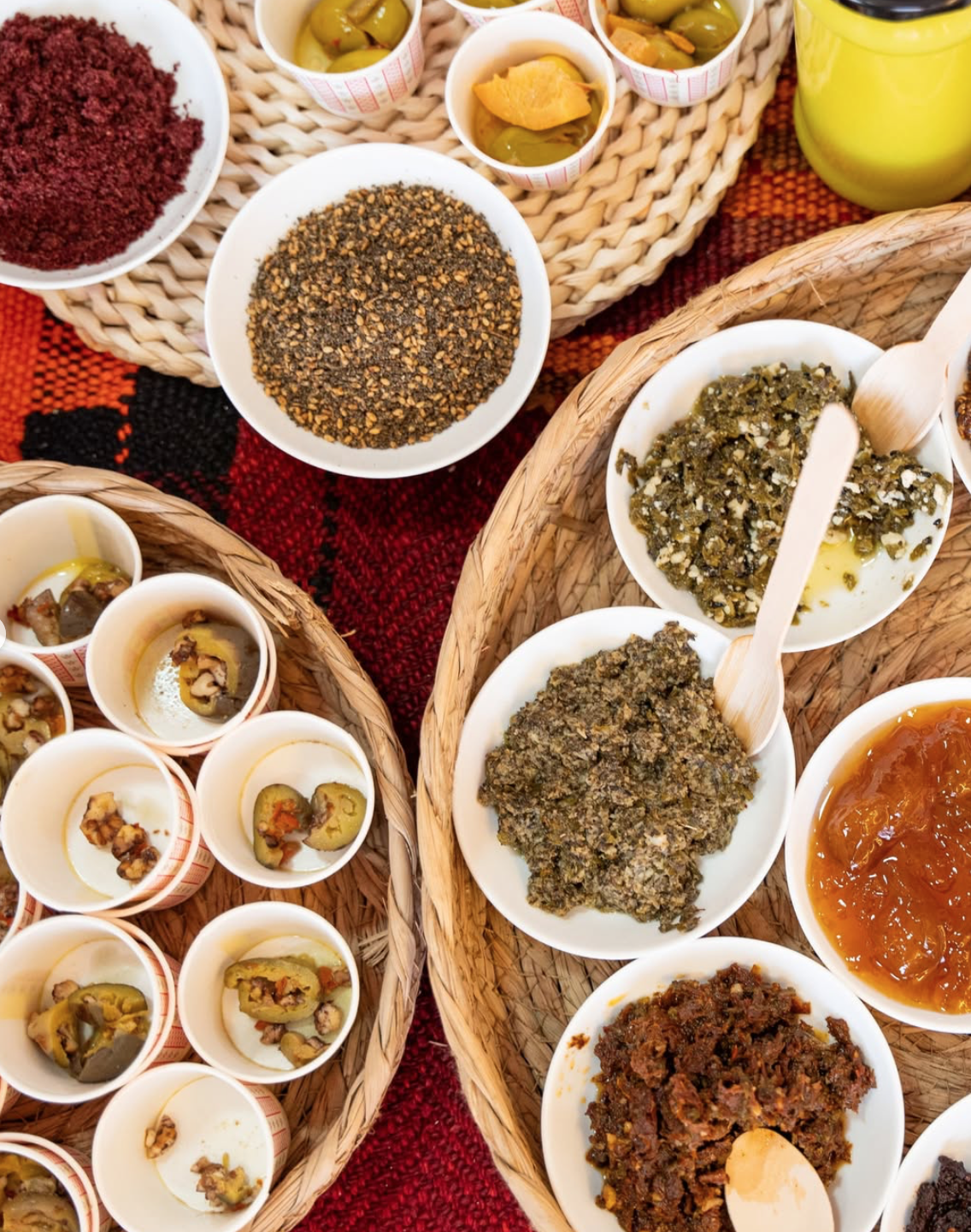In honor of National Olive Day, which is celebrated each year in June, we wanted to shed light on Jordan’s olives—some of the oldest in the world.
To the Jordanian people, the olive tree is engraved in their identity and culture. Not only is olive picking a historic tradition among communities across Jordan, but it also contributes significantly to Jordan’s economy with an estimated value of JD223.9 million in the 2024 season.

Jordan is home to some of the oldest olive trees in the world that date back to pre-Roman times. The Jordanian town, Baja’a, located near the historic stone-carved city of Petra was once an ancient center of olive oil production. Additionally, trees that are more than 2,000 years old continue to survive, such as the one preserved at Al-Duwaireh, near the city of Madaba. Excavations in the Wadi Rum Desert area also revealed the presence of olive trees as early as 5400 BC.

(Photo credit: Jordan Times website)
According to the Food and Agriculture Organization of the United Nations (FAO), Jordan produces an average of 23,400 tonnes of olive oil per year. Jordan is also among the top 10 olive-producing countries in the world with more than 20 million trees located across the kingdom. The olive tree is one of the most important trees planted in the kingdom, covering about 72% of the total areas that include fruit trees.

The oil produced from olive trees is a staple in Jordanian households with families using it daily in many of their recipes. Some of the common Middle Eastern dishes that showcase how delicious olive oil can be, include musakhan (large pieces of bread drenched in onions and olive oil, and topped with sumac-infused chicken), lubiya bil zeit (green beans braised in olive oil cooked with tomatoes, garlic, and onions), and mezze dips such labaneh, hummus, and baba ghanoush are always drizzled with a generous amount of olive oil.
The olive tree and the process of olive picking, which has been practiced for generations, is a cornerstone of Jordanian culture.
To learn more about the importance of olive trees in Jordan, check out this wonderful video that the United Nations World Food Programme prepared.








